Learning & teaching
This category offers articles on best practices in learning and teaching, as well as the benefits and challenges of adult education and lifelong learning. These articles also explore global societal phenomena and their connections to lifelong learning.
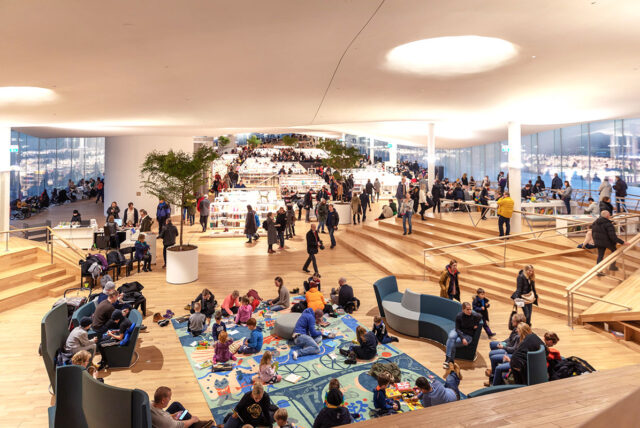
The whole city teaches
What if the whole city was a lifelong learning space in itself? The Finnish capital Helsinki is aiming to lead the way in this.
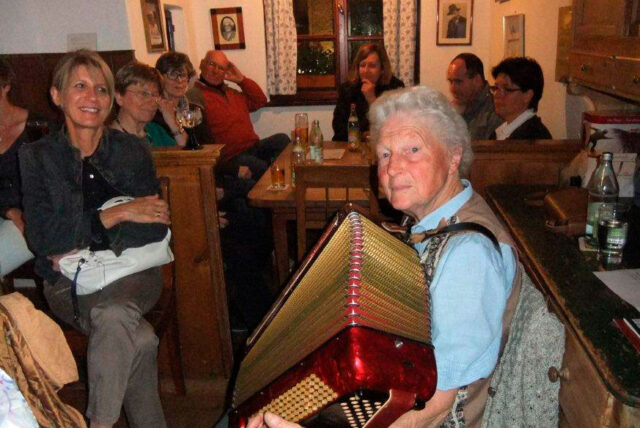
Stories create identity for one’s own urban life
Life in a city is shaped by common history. How can these roots be best discovered? By telling stories! At “narrative cafés”, people sit comfortably together and talk about their experiences.
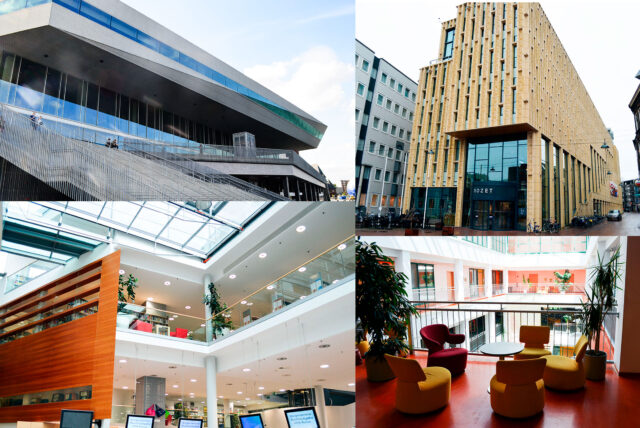
Urban Learning in Europe – a journey to co-living and learning spaces
What do human beings hope from their urban environments? One answer is non-commercial spaces allowing them to engage in meaningful social interactions and new experiences. But building educational centres in needy neighbourhoods also have a peculiar side effect: gentrification.
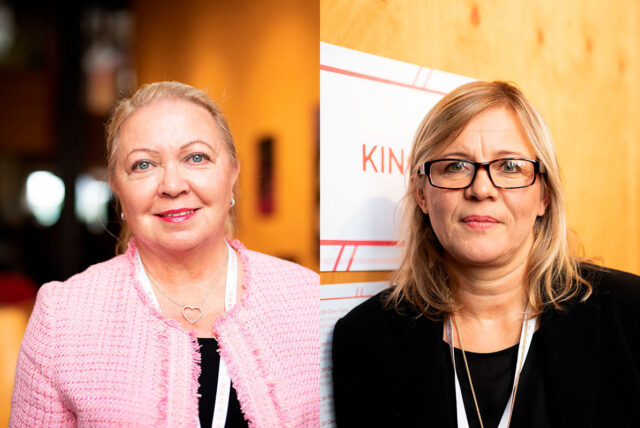
Ditching lifelong learning at work is a leadership problem
What is the role of continuous education in answering a global megatrend, the revolution in working life? How to make workplaces value lifelong learning? Two education experts share their thoughts on why all organisations should grab the bull by the horns and start sending their staff – and their managers – to training.
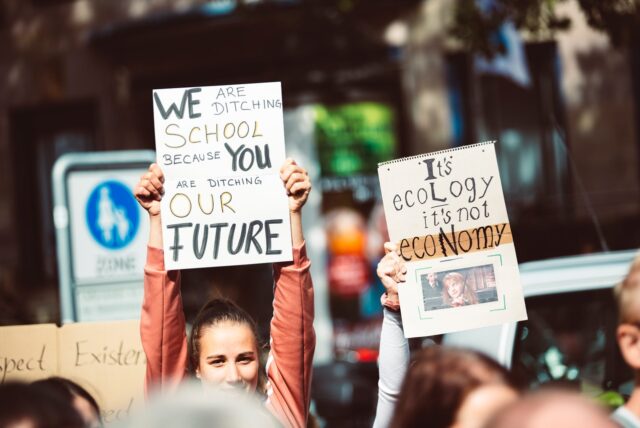
Education alone cannot cure environmental anxiety but it can help
Are you worried about climate change? Many young people will say “yes”. The concern of young people about the environment is real, and it is the job of adults to take it seriously, says environmental educator Pinja Sipari.
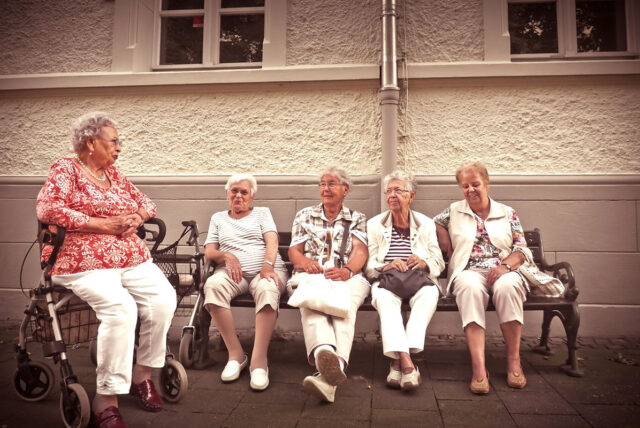
Our ageing world needs education to survive
The current population of the Western world is older now than at any other time in history. The megatrend of extended life expectancy demands much more attention to be paid to lifelong learning and keeping mature people at workplaces.

Education has a big role in achieving a sustainable world population
Thanks to mainly education, the global fertility rate has decreased at a remarkable pace for decades. However, there is another challenge that adult education can rise to. It’s not only about how many we are, but how we live.

Sure, my neighbour Joe knows best
An increasingly vocal section of Europeans believe in themselves or their neighbour more than they do researchers. Why does talking from experience outdo scientific knowledge?

How can adult education in Europe have an impact on global overpopulation?
Migration can be an advantage when the fertility rates decline in Europe. Adult education is a key to integrating the adults, says anthropologist Björn Wallén.

Gaps in our Bildung
Solving wicked problems such as the climate crisis requires changes to lifestyle, technology and political decision-making. In addition we need to develop our fundamental ways of thinking.



